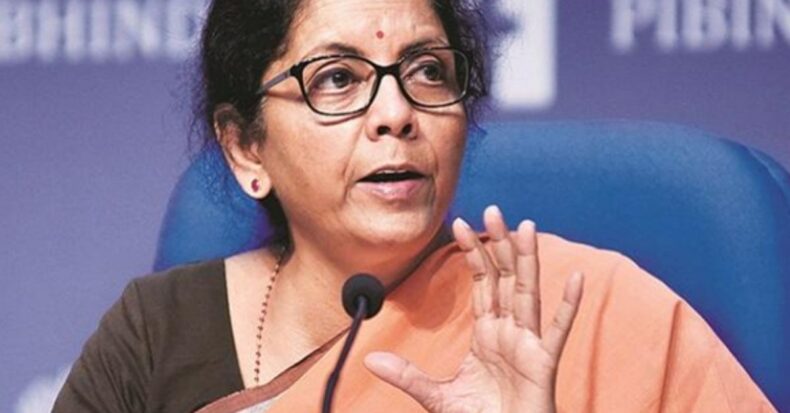Finance Minister Nirmala Sitharaman visited Washington earlier this week for an investor’s roundtable and talked about the developmental reforms in India, receiving favorable reactions from the US. This article investigates the reasons.
This week marked the annual meeting hosted by FICCI and the US-India Strategic Partnership Forum (USISPF) in the presence of the executives from World Bank and IMF in Washington and the discussion of G20 Finance Ministers and Central Bank Governors.
This series of annual meetings with the World Bank and IMF’s board of directors brings together central bankers, ministers of Finance and Development, academics, parliamentarians, and private sector players to discuss global concerns.
In this meeting, as pointed out by our finance minister, the administration under US President Joe Biden largely praised and endorsed the recent Economic Reforms in India; the US-based companies welcomed the policy changes.
What are these welcomed policies?
In her statements, NirmalaSitharaman mentioned the ‘withdrawal of retrospective tax’ by India in August. This particular step was deemed as a bold and positive move according to the United States Administration.
To give you some context, withdrawal of the retrospective nature of the Indirect Transfer Tax was an amendment passed by the Government after the Supreme Courts’ verdict on the Vodafone case.
This bill clarified that any gains acquired by selling a foreign company’s share would be taxable in India if it substantially derives value from assets located in India.
Nirmala Sitharaman had introduced The Taxation Laws (Amendment) Bill, 2021 in LokSabha that imposes withdrawal of tax demands made using the 2012 retrospective legislation to tax the indirect transfer of the assets from India.
Mukesh Aghi, President and CEO of USIPSF, proudly stated after the meeting that their efforts and intent behind working on this bill were fittingly applauded as it would boost international investment in India and provide relief to the companies who have invested in the country for a long.
The finance minister highlighted that India and the US would be working on the trade deals issues and at a negotiation stage.
The commerce ministry of both countries would be working on the trade deals. India’s approach would now focus on an investment incentivizing agreement, which is to be arrived at by December.

The Great step forward
India’s reform framework focuses on increasing foreign direct investments in India, and corporates and the Government especially seek to remove friction from the system to facilitate such investments.
Recent reforms in terms of setting up IFSC at GiftCity and insolvency provisions help create opportunities for businesses to pump back life into the untapped markets in India.
On the sidelines of the conference with the World Bank and IMF, Ms. Sitharaman also attended more than 25 bilateral meetings.
One of the most prominent was the India-US Economic and Financial Partnership, where discussions took place on economic recovery post-pandemic, the macroeconomic models for cooperation on economic, financial, and climate-related matters, and financing against terrorism.
These outputs showcase a sign of recovery from the pandemic trauma faced worldwide and highlight the reform efforts made by the Government of India during the pandemic.
India realizes its untapped market potential, and the Government is acting upon ways to increase the proper utilization of this space by focusing on increasing FDI.
Skilled labor availability, favorable business climate, market base are some factors that are already there in India, which makes it an investment hotspot.
Still, corruption, enforcement of intellectual property rights, and tax regimes also play a crucial role. Thus, the forward-looking economic reforms play an essential role in India and its furtherance in FDI deals.













